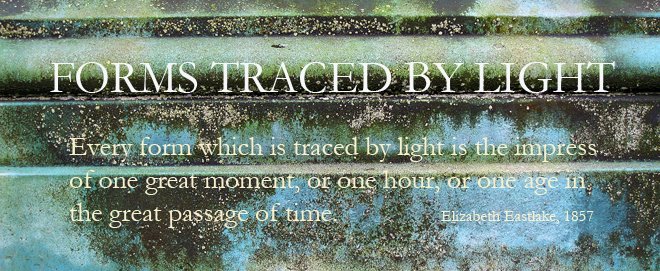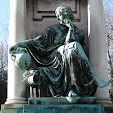Last week, reading North and South, we noted that along with a bowl of American apples, Margaret and her parents greeted Mr Thornton, when he came to tea, with a cocoa-nut cake. This could have been entirely for ornamentation - there's no sign of them actually cutting into it and consuming it. We did, however, start to explore the ways in which food in the novel connects the characters to the networks of the actual and informal empire; has them ingesting products that are made possible because of trade routes. And so ... what might that cocoa-nut cake have had in it? I thought that I might soften up tomorrow's class a little, and disguise the fact that my grad course is really a Victorian novel boot-camp.
The closest recipe in date that I could find was indeed an American one: Eliza Leslie, in 1851.
Cut up and peel some pieces of a very ripe cocoa-nut. Lay the pieces for awhile in cold water. Then take them out; wipe them very dry; and grate, very finely, as much as, when grated, will weigh half a pound. Powder half a pound of the best loaf-sugar. Beat eight eggs, till very light, thick, and smooth. Then stir the grated cocoa-nut and the powdered sugar, alternately, into the pan of beaten egg, a little at a time of each; adding a handful of sifted flour, a powdered nutmeg, and a glass of sweet wine. Stir the whole very hard. Butter a square tin pan. Put in the mixture, set it immediately into a quick oven, and bake it well; seeing that the heat is well kept up all the time. When cool, cut it into squares. Have ready a thick icing, made of powdered sugar and white of egg, flavoured with rose-water, or extract of roses. Ice each square of the cake, all over the top and sides.
You may bake it in a loaf, in a deep, circular pan. Ice the whole surface, and ornament it.
It's only just out of the oven, so I haven't got to (and may never get to) the icing bit. But it smells wonderful - I think that this may be the result of the glass of marsala. The tricky bit, though, was that "handful of flour." Try and find that equivalent measurement on line, and all that turns up is reference after reference to the widow of Zarephath in I Kings 17:12, who complains at Elijah when he asks her for food that she only has a handful of flour and a little bit of oil. Without divine intervention, this is only of culinary help if one's trying to make a rather dry pizza base. However, I reckoned that my hands were probably the same size as Eliza Leslie's, and it seems to have turned out just fine.
If they didn't, indeed, cut into that cake, Mr Thornton must have been tortured by how good it smelt.
































